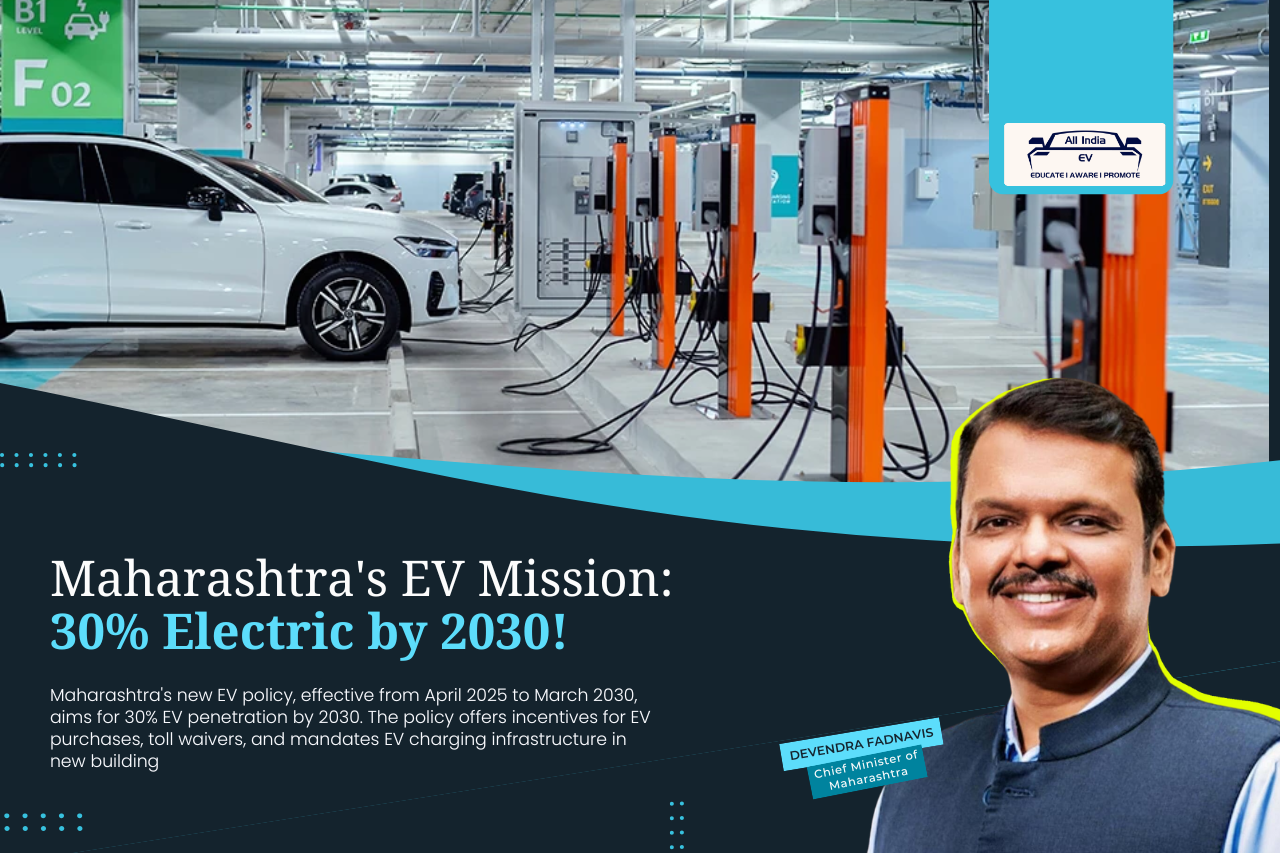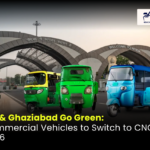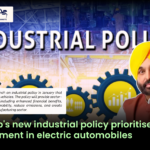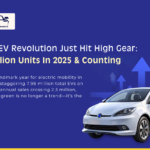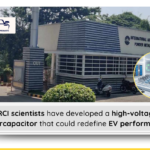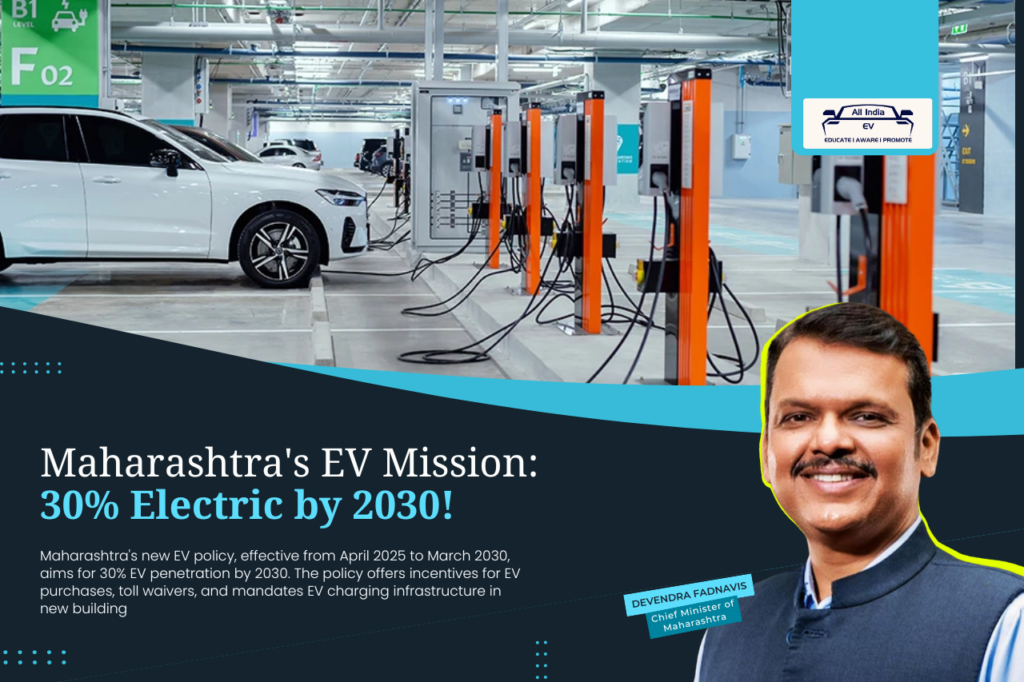
Maharashtra Rolls Out New EV Policy with 30% Adoption Target by 2030, Offers Incentives, Toll Waivers & Charging Mandates
Mumbai, India — In a major push towards sustainable mobility, the Maharashtra government has rolled out a comprehensive new Electric Vehicle (EV) policy aimed at achieving 30% EV penetration across the state by 2030. The policy, effective from April 1, 2025, to March 31, 2030, sets out bold targets supported by incentives, infrastructure development, and manufacturing support.
According to a government resolution (GR) issued by the transport department on Friday, the policy is designed to make Maharashtra a frontrunner in India’s EV ecosystem while significantly reducing vehicular emissions. Officials estimate that the initiative could prevent 325 tonnes of PM 2.5 and 1,000 tonnes of greenhouse gas (GHG) emissions by the end of the decade.
Key Incentives and Provisions
- Incentives of up to ₹2 lakh for electric four-wheelers used for transport and ₹20 lakh for electric buses.
- Subsidies for one lakh two-wheelers, 25,000 transport-category four-wheelers, and 1,500 electric buses.
- Complete exemption from Motor Vehicle Tax and registration renewal fees for EVs registered during the policy window.
- Full toll exemption for EVs on the Mumbai-Pune and Mumbai-Nashik Expressways.
- Consideration of toll waivers on other PWD roads through a high-level steering committee chaired by the Chief Secretary.
Robust Charging Infrastructure and Building Mandates
To support the growing EV fleet, the policy mandates:
- Public charging stations every 25 km along highways.
- EV charging stations at all government office parking spaces.
- Viability gap funding of up to 15% for public charging infrastructure.
- 100% EV charging readiness for new residential buildings with at least one community charging point.
- 50% of parking in new commercial buildings to be EV-ready; 20% in existing commercial buildings with shared parking to have operational chargers.
EV Push Across Government and Urban Transit
In a significant step towards greening public transport, all new vehicles purchased for intra-city travel by government departments must be electric. Additionally, in major urban centers including Mumbai, Pune, Nagpur, Nashik, Chhatrapati Sambhajinagar, and Amravati, at least 50% of city utility vehicles procured must be electric.
Investment in R&D and Skill Development
The policy places a strong emphasis on future technologies and workforce readiness:
- A ₹100 crore Chief Minister’s EV R&D Grant will support innovation in battery chemistry, motor design, vehicle-to-grid systems, and green hydrogen generation.
- The Maharashtra State Board of Technical Education (MSBTE) will launch specialized EV-focused courses covering battery tech, power electronics, energy management, and more.
- The state will also establish a network of Automated Testing Stations to ensure EV safety standards, including advanced battery testing.
- With this forward-looking policy, Maharashtra signals its intent to lead India’s clean mobility transition, aligning with national climate goals while opening avenues for industry growth and employment in the green sector.


